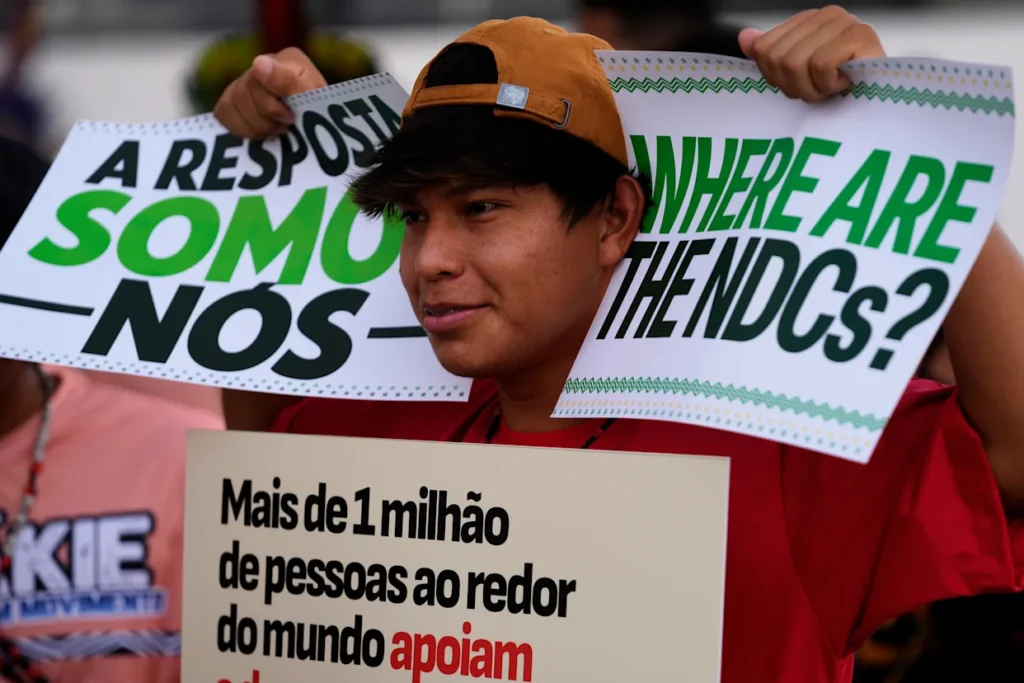The world’s climate ambitions are facing a stark reality check. According to a recent United Nations report, the collective plans of nations to curb greenhouse gas emissions are falling far short of what is needed to limit global warming and protect the planet. Projections indicate that by 2035, global emissions will only be six percent lower than the levels that countries initially pledged to achieve by 2030—a sobering gap that underscores the urgent need for accelerated action.
The UN report highlights a critical problem: many countries are submitting incomplete or insufficient climate strategies, leaving major holes in the global effort to address climate change. While governments have made promises on paper, the actual measures being implemented—or even reported—often lack the scale, detail, or enforcement needed to meet those goals. The result is a world at risk of increasingly severe heatwaves, extreme weather events, rising seas, and biodiversity loss.
Experts warn that if current trends continue, even modest global temperature targets, such as limiting warming to 1.5°C above pre-industrial levels, may become unattainable. The six percent reduction projected by 2035 is alarmingly insufficient, particularly when scientific consensus indicates that much deeper emission cuts are required in the next decade to avoid catastrophic climate impacts.
The report also draws attention to the broader systemic challenges that hinder meaningful progress. Many nations face economic, political, and technological barriers that slow the transition to renewable energy, energy-efficient infrastructure, and sustainable agriculture. Meanwhile, the reliance on incomplete reporting masks the true scale of emissions, making it difficult for policymakers, scientists, and citizens to track real progress and hold leaders accountable.
Despite the concerning figures, the UN emphasizes that solutions exist. Rapid deployment of renewable energy, electrification of transportation, forest protection, and widespread adoption of low-carbon technologies could bridge much of the gap—if nations act decisively and collaboratively. Public engagement and grassroots advocacy also play a pivotal role, pushing governments and corporations to commit to measurable, transparent, and enforceable climate action.
Sustainable Action Now encourages readers to stay informed and take part in climate advocacy efforts. Every informed citizen, every policy advocate, and every individual choice counts in creating a sustainable future. To explore more about climate issues and actionable strategies, readers can visit: Sustainable Action Now Climate Resources.
The UN’s report is a clear signal: time is running out to meet the goals that were set to safeguard our planet. Incremental changes and partial commitments are no longer enough. Accelerated, science-based action is essential to prevent a climate crisis that will affect every corner of the globe. By raising awareness, supporting policy reforms, and making conscious decisions at the individual and community level, we can collectively work to close the emissions gap and ensure a healthier, more sustainable planet for future generations.
This is a pivotal moment in global climate history. While current plans are insufficient, the opportunity to redirect our course remains. The world’s survival depends on urgency, accountability, and unified action—because delaying even a few years could lock in devastating environmental consequences for decades to come.


